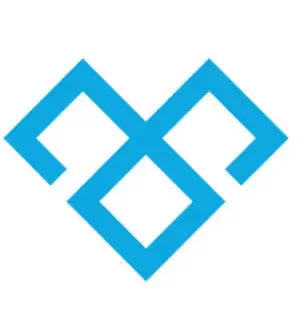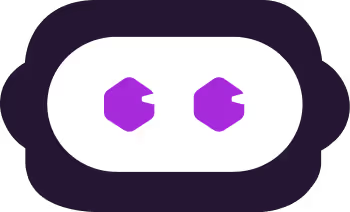What are WhatsApp & Messenger automation?
WhatsApp & Messenger automation are tools that send instant messages and replies automatically on WhatsApp and Messenger platforms.
What can WhatsApp & Messenger automation do?
They can handle customer chats, send bulk messages, provide quick answers, and automate marketing campaigns.
How do WhatsApp & Messenger automation work?
They use bots and templates to respond and send messages based on triggers like keywords or user actions.
Are WhatsApp & Messenger automation easy to set up?
Yes, most tools offer simple setup with step-by-step guides and no coding required.
Are WhatsApp & Messenger automation free?
Many offer free plans with limits; advanced features usually require paid subscriptions.
What is the common WhatsApp & Messenger automation pricing?
Pricing ranges from $10 to $50 per month depending on features and message volumes.
What are the types of WhatsApp & Messenger automation?
Types include chatbots, broadcast messaging, customer support automation, and marketing automation tools.
Do WhatsApp & Messenger automation work with email?
Some tools integrate with email platforms for combined messaging and follow-up campaigns.
What are the best WhatsApp & Messenger automation tools?
Popular tools include ManyChat, Twilio, Chatfuel, and WATI for powerful automation features.
What are common WhatsApp & Messenger automation integrations?
Common integrations include CRM systems, email marketing, eCommerce platforms, and analytics tools.




































